Therapy for Teens

Recent Posts
Building Rapport and Earning Trust
Engaging Through Activities, Not Just Talk
Showing Empathy and Support
Collaborating with Parents and Families
Providing Psychoeducation and Addressing Social Media Misinformation
Helping Teens Grow into Their Authentic Selves
Working with teens in therapy requires a unique approach that focuses on building trust, fostering engagement, and creating a supportive environment for growth. Adolescence is a complex time, and therapy offers teens a safe space to explore their emotions, relationships, and personal goals. This post delves into the essential steps to making therapy effective for teens, from rapport-building to activities and psychoeducation.
Establishing rapport is the foundation of successful therapy, especially with teens. Many teens may feel hesitant about therapy, often seeing it as another avenue where adults—like parents or teachers—may judge them. As a therapist, it’s critical to ensure that teens understand they are
your client, not their parents. Making it clear that your role is to support them and not act as a “parental spy” helps build trust.
Creating rapport with teens takes time, and sometimes, focusing on casual conversations or shared interests is the best starting point. Talking about what they enjoy, sharing a bit of humor, and allowing conversations to flow naturally (without diving too soon into therapeutic topics) can help them feel comfortable. When teens know that you respect their pace and genuinely want to understand them, they’re more likely to open up.
Teens often respond better to activities than to traditional talk therapy. Long conversations may feel overwhelming or intimidating, so incorporating activities can make therapy sessions more approachable and enjoyable. Engaging with games, drawing, watching short videos, looking at TikToks together, or even listening to music allows teens to relax and communicate more openly.
Activities provide a safe, hands-on way for teens to express themselves. They often offer a window into a teen’s world, revealing what they’re passionate about or what concerns them. These activities aren’t just diversions—they’re powerful tools for building rapport and facilitating meaningful conversations that might not emerge in a traditional talk format.
Empathy is one of the most crucial aspects of therapy with teens. Adolescents need to feel seen, heard, and validated, especially in a world where they may feel judged or misunderstood. When teens sense genuine empathy from their therapist, they become more willing to explore their feelings and vulnerabilities.
Providing consistent support in a non-judgmental way helps teens feel safe. Even if their concerns seem minor to an adult, showing empathy affirms that their experiences matter and that they can share them without fear. This unconditional support creates a therapeutic environment that feels both safe and empowering, making it easier for teens to work through challenging emotions.
Open communication within families is often a crucial component of successful therapy with teens. In sessions, I work with both teens and their families to build a bridge for honest, constructive communication. I help teens articulate their feelings clearly when conflicts arise and encourage parents to listen openly to their child’s perspective.
Social media can be a major influence on teens’ mental health, both positively and negatively. Misinformation about mental health is rampant online, with many platforms showcasing misleading or oversimplified information about mental health conditions. This is why psychoeducation—teaching teens accurate, reliable information about mental health—is so important.
Therapy for teens is about creating a supportive space for them to grow into who they want to be, free from forced agendas or preconceived expectations. My goal is to offer guidance and encouragement while respecting their individuality and autonomy. Through empathy, trust, and engaging activities, I support teens as they navigate life’s challenges and discover their strengths.
With the right approach, therapy can be an empowering, transformative experience for teens, helping them to build resilience, foster self-acceptance, and develop into the person they truly want to be.
Through psychoeducation, teens can gain a better understanding of their own experiences and learn to differentiate between credible sources and misleading information. This knowledge empowers them to approach their mental health with clarity, self-awareness, and confidence. By openly discussing the impact of social media on mental health, therapists can help teens build a healthier relationship with the information they consume online.
By supporting both the teen and the family, I can also advocate for the teen when they feel overwhelmed or misunderstood. This dual approach allows teens to feel seen and supported while giving parents insights into their child’s emotional world. Together, we create a safe space where family members can connect and address any misunderstandings, which fosters a more supportive and cohesive family environment.










